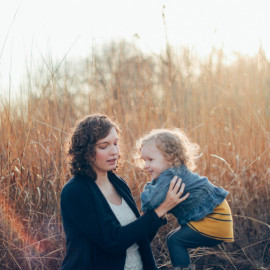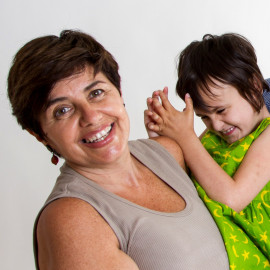Impact of neuromuscular diseases on education and working opportunities of patients and carers
Motivation
During the last 10 years, there has been a growing interest in developing research related to neuromuscular diseases. There are therapies that have been tested in clinical trials and some of them are already available for patients in the United States and the European Union.
However, very little is known about the impact of neuromuscular diseases on the education and employment opportunities of both patients and their caregivers, and this can have a significant impact on their quality of life and their access to potential treatments in the future.
The diseases included in this study are the following:
- Muscular dystrophies (MD)
- Myotonic dystrophy (MD1 and MD2)
- Fascioscapulohumeral MD (FSHD)
- Limb girdle MD (LGMD)
- Congenital muscular distrophies
- Amyotrophic Lateral Sclerosis (ALS)
- Peripheral neuropathies
- Charcot Marie Tooth (CMT)
- Chronic inflammatory demyelinating polyneuropathy (CIDP)
- Congenital myasthenias
- Myasthenia gravis
- Congenital myopathies
Objectives
Information provided directly by patients and their caregivers will allow us to understand the impact of rare neuromuscular diseases on the employment opportunities and the education of these patients and their families.
Method
- Questionnaires developed and designed by the John Walton Muscular Dystrophy Research Centre at Newcastle University (UK) and the World Duchenne Organization.
- Analysis of the data to understand the impact of neuromuscular diseases on the education and employment opportunities of patients and their families.
Research is the heart of Share4Rare. By working together we can help to advance the research efforts in rare diseases. This is why we need you. Join the community and participate in research!
Create your Share4Rare account

Our children, although with different genes and conditions, share common symptoms and treatments. We can share our vast experience and help others.
Sheonad Macfarlane, mother and caregiver

I can also contribute with my practical and emotional experience adquired during all these years living with a daughter with functional diversity
Natalia, Bruna's mum

Share4Rare offers advice and information on specific rare conditions.
Nicky, mother and caregiver





